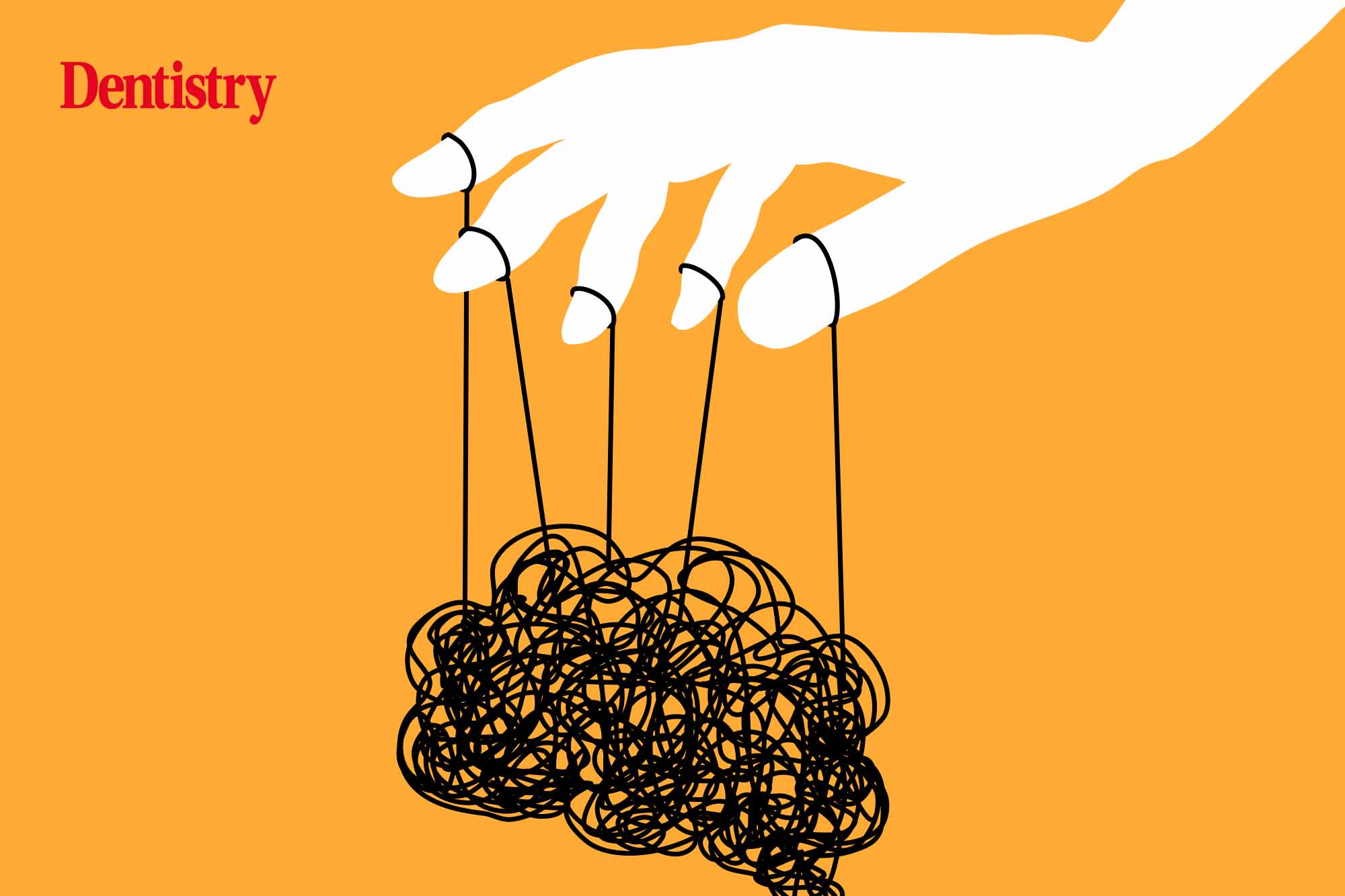 As we mark World Mental Health Day, Kyle Stanley talks to Dentistry.co.uk about why wellbeing conversations need to be at the forefront of dentistry.
As we mark World Mental Health Day, Kyle Stanley talks to Dentistry.co.uk about why wellbeing conversations need to be at the forefront of dentistry.
Why are mental health conversations something you strive to have?
I started talking about this after I went through a really difficult time. It was at a time when publicly people would have thought I had everything.
I had a celebrity practice in Beverly Hills, I was an author of articles, I was traveling around the world, lecturing at the biggest symposiums and congresses, and I had amazing mentors. This was the time when I really wanted to quit dentistry. My mental health was suffering because I was not addressing it.
I started talking about this to help myself, but I didn’t know how many others were suffering. What I realised is the more I talked about it, the more people started to be unearthed. I had colleagues from around the world contacting me, telling me they were going through similar things.
I really saw the epidemic that we have in our profession and made it one of my missions to bring this to the forefront and make it a conversation that anybody can have without feeling shame or guilt.
Men are often reluctant to speak out, with studies suggesting more so than women. How can practices improve this? Do you think this is changing?
There are some studies that show that men are more reluctant to speak out. However, there are other studies that show women experience higher suicide rates – specifically in the dental world. Sometimes it’s men, sometimes it’s women – studies go back and forth.
But I think this is changing. Just the fact that people know what mental health, is a big change. Just the fact that meditation and breathing are becoming commonplace in schools and businesses is making a huge difference.
My goal when I put myself out there online, is to have people identify with me and realise that, “Hey, if he can talk about it, maybe I can talk about it too. Maybe there’s nothing wrong with me.”
I want this to be a topic within every dental school, every symposium, and every congress. We can’t do clinical dentistry if we don’t have mental health.
Why is mental health so important to the future of dentistry?
I worry about the future of dentistry because of this mental health crisis.
Dentists have always dealt with patients that are fearful, working in very intimate circumstances where you work on people’s body parts. What’s changed, especially with the younger generation, is that they’re also dealing with extreme debt and comparing themselves to everyone else on social media.
There have been some changes, therefore, that have made things even more difficult for dentists. It’s very important to talk about this – younger dentists have specific problems that older doctors may not have had.
What can practices practically do to support team members?
Talk to them about it. Have a mental health discussion regularly. For larger corporations, mental health is becoming a big problem. Because of this, they’re putting a lot of money and time into this. They’re having yoga classes, practicing meditation, and introducing breathing exercises.
I think this all comes from a selfish standpoint in that businesses want to succeed so they need their people to be happy to be in the best state. But it has a great side effect. People are more open when it comes to talking about it.
I think this will be commonplace in just a few years. Every business will have mental health check-ins, surveys, and more time off – time allowed for family, meditation, and balance. I think this is just the future of business in general.
I have some advice for doctors that comes from my experience of mentoring doctors all around the world.
We need to be very open with our patients and we need to talk to them about revisions, communications, failures, timelines, and money.
Don’t become a dental robot
We need to associate with other dentists – as it’s only other dentists who will know what we are going through. Friends, family, and neighbours who are not dentists are not going to fully appreciate the difficulties of being a dentist.
They have their own view on what the profession is, just as we have our view on what their profession entails. It’s very important to have study clubs that meet regularly and outside of the dental world so you have colleagues with who you can open up.
The last thing is to find a purpose outside of dentistry. Don’t become a dental robot. I used to be like this – I’d wake up and think about dentistry. I’d listen to dentistry podcasts. I’d follow dentistry Instagram accounts. I’d read dental articles on planes. I only thought about dentistry and because of this, I aligned my purpose with my profession.
It’s a difficult thing to do in our profession because in dentistry you are bound to have failures. If you align your purpose in life with being a dentist, that all goes down the drain the day you have a failure. Your self-worth will plummet.
If you align yourself with something else – being a family man or woman, helping others, promoting a cause – even if you have a professional failure, it won’t bring you down personally. That’s a key change. Separate your profession from your purpose in life.
Follow Dentistry.co.uk on Instagram to keep up with all the latest dental news and trends.


